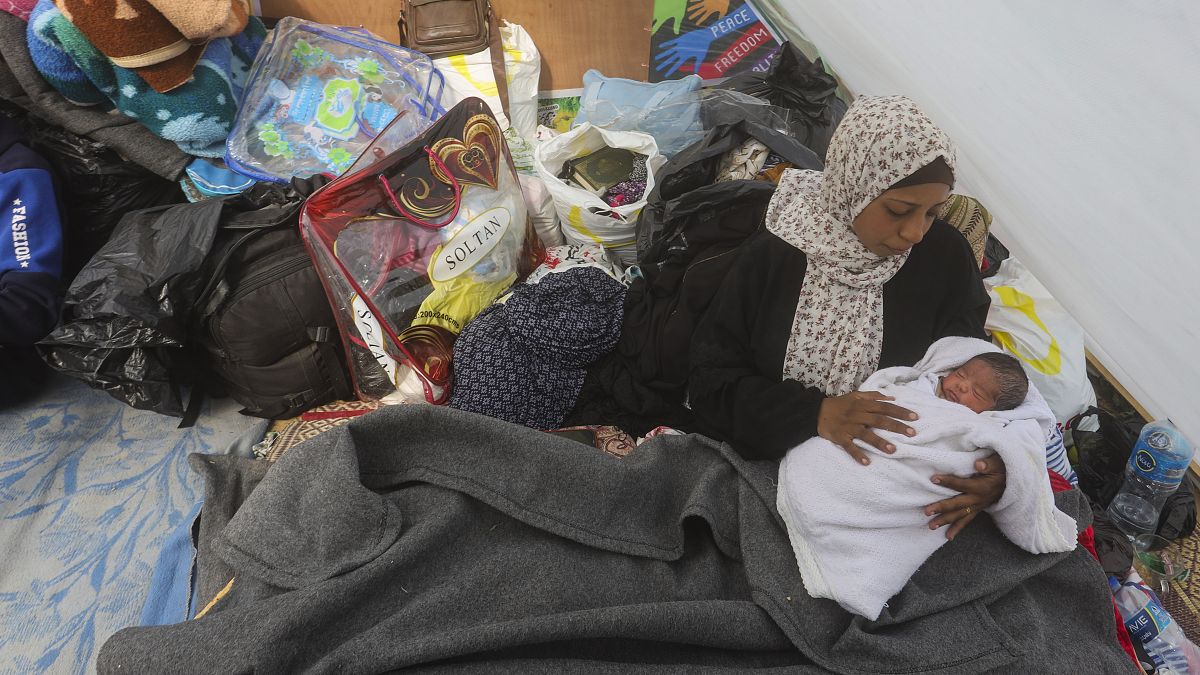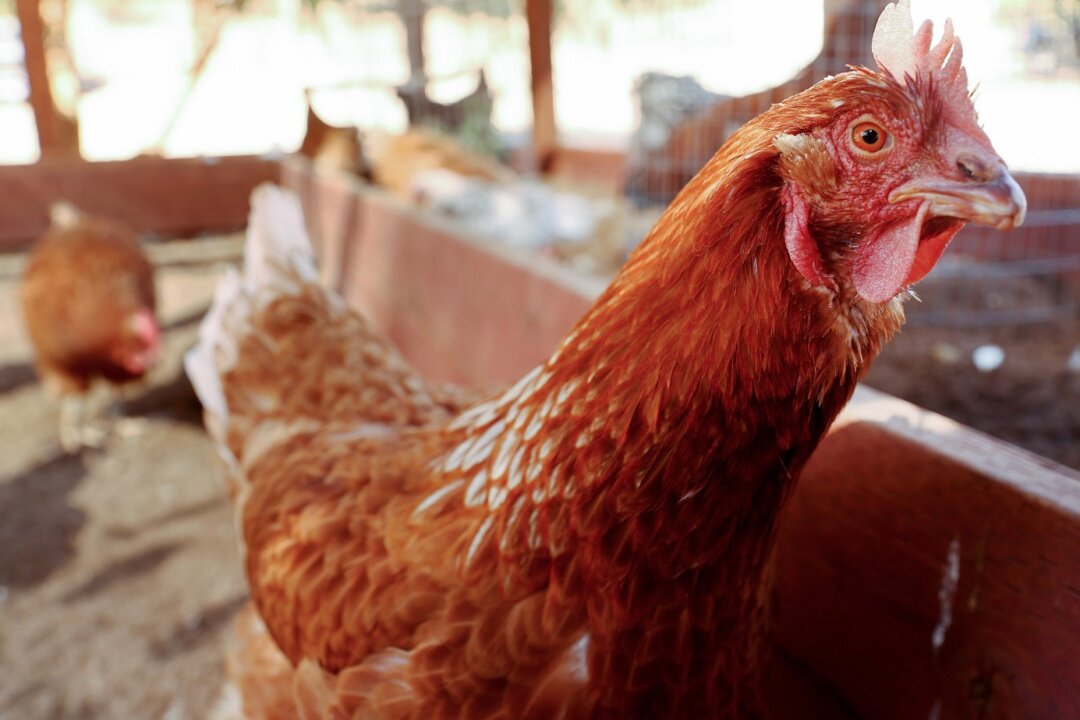
An estimated 50,000 women in Gaza are pregnant, and about 130 give birth every day. Palestinian women and girls are at high risk of pregnancy complications and violence as Israel’s air and ground assault continues to squeeze health services in Gaza, according to the UN’s top reproductive health official in the occupied territory. Many of Gaza’s health facilities have been destroyed since the Israel-Hamas conflict escalated in October 2023.
According to the World Health Organization (WHO), 19 of Gaza’s 36 hospitals cannot be used and 17 are partially functional, though many lack medical supplies and are ill-equipped to care for patients. “Even what we are calling ‘functioning’ is barely functioning,” said Penninah Kyoyagala, head of the Gaza office for the United Nations Population Fund (UNFPA), the UN’s sexual health and reproductive rights agency. The death toll in Gaza is nearing 44,000, and the hundreds of thousands of people who have fled their homes are grappling with , outbreaks of , and other health issues.

The WHO recently finished a polio vaccination campaign for children there after the virus was detected in sewage over the summer. “The conditions on the ground are harrowing,” Kyoyagala, who previously did humanitarian work in Uganda and Afghanistan, told Euronews Health. The situation can be even more difficult for the estimated 50,000 pregnant women in Gaza.
That’s who UNFPA tries to reach. In central Gaza, the group has six mobile maternity units, which are trucks outfitted as medical clinics with a waiting centre, delivery room, and recovery area. Three units offer prenatal care, help deliver babies, care for women after birth, treat infections, and provide contraception.
Another three can also do C-sections, Kyoyagala said. They only reach a fraction of the people who need pregnancy care, though, given the mobile units can handle 24 to 36 of the roughly 130 births per day in Gaza, she said. They are also running out of supplies given little humanitarian aid is getting into Gaza.
“Humanitarian missions are being delayed and blocked,” Kyoyagala said. That’s the case across Gaza, not just in the north, where Israeli forces have renewed their attacks to defeat what they describe as a resurgence of Hamas fighters there. On Saturday, for example, about 100 trucks carrying food and other aid supplies were raided in southern Gaza, forcing them to turn around, Gaza’s interior ministry, which is run by the militant group Hamas, that at least 20 people connected to the looting have been killed as part of a crackdown on gangs.
Kyoyagala said the aid disruptions have led to severe shortages of medicines and other equipment, including warm clothes, tents, fuel, and spare parts for generators, limiting the services UNFPA can offer. It’s also become more difficult for the group to support victims of domestic abuse, sexual assault, and gender-based violence, she said, amid “skyrocketing” reports of sexual harassment. Armed conflicts tend to exacerbate gender-based violence due to pre-existing gender inequalities, precarious living conditions as a result of the conflict, and rape used as a weapon of war, according to the Notably, in mid-October, the US government demanded that Israel take steps to improve the humanitarian situation in Gaza within 30 days but last week determined that Israel is not currently preventing assistance to Gaza and thus not in violation of US law.
That’s at odds with the assessment from aid groups, who in Gaza as “dire” earlier this month and said Palestinians in the north are at “imminent risk of dying from disease, famine and violence”..














